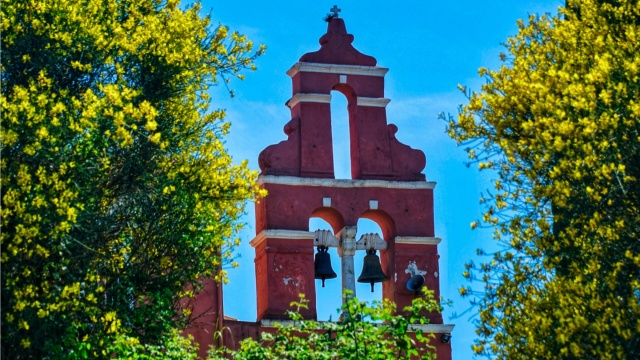The highest mountain in Greece, declared a UNESCO World Heritage Site and the first National Park in the country (1938) is a mythical, mysterious and extremely impressive place.
The Olympus mountain is the House of the 12 Gods. According to mythology, is said to have emerged after the war of the Olympian Gods with the Titans (Clash of the Titans) and was the new home of the victors, the Olympian Gods.
Mythical Olympus is one of the most popular tourist destinations in Greece, ideally combining mountain and sea, offering its visitors unique experiences, both in the picturesque and traditional settlements on its green slopes, and on its famous beaches at its foot during the hottest months of the year.
Deep gorges, dozens of smooth and rocky peaks, alpine meadows, ravines, many springs and small seasonal lakes form a landscape of rare natural beauty that captivates.
For nature lovers and avid hikers, climbers and mountaineers from all over the world, it is their point of reference in Greece. The imagination is stimulated by what the mythical mountain hides in every corner. Most of the visitors aim to conquer its highest peaks.
Among the images that definitely impress are the two highest peaks of Mount Olympus. The peak of Mytikas with a height of 2,919 m, also known as the "Pantheon", and Stefani or the "Throne of Zeus" with a height of 2,909 m. The latter is indeed the steepest peak of Mount Olympus, with the last 200 meters of altitude being particularly demanding in terms of climbing.
The Greek Ministry of Culture has declared Olympus an archeological and historical site, due to the scattered monuments encountered throughout its area.















